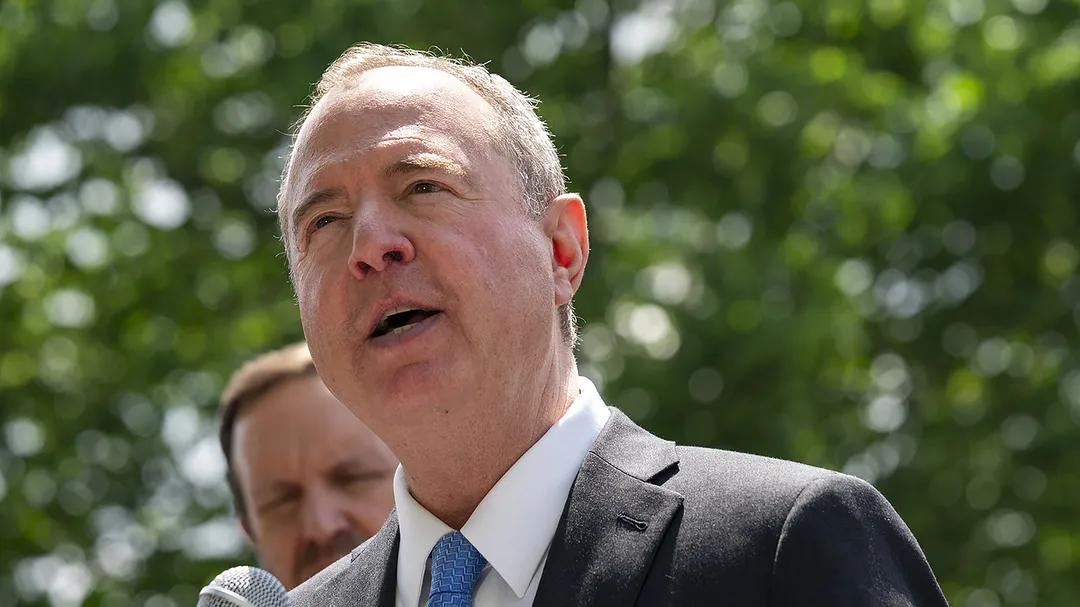
Senate Democrats Raise Alarm Over Endangered Species Act Changes
In a bold move signaling a growing concern over environmental protections, Senate Democrats have voiced serious alarm regarding recent proposed changes to the Endangered Species Act (ESA). This legislation, vital for protecting endangered species from extinction, finds itself at the center of political contention as the Trump administration pushes forward a ruling that could weaken these crucial protections.

A letter penned by Democratic senators Adam Schiff (Calif.), Cory Booker (N.J.), and Sheldon Whitehouse (R.I.) to Interior Secretary Doug Burgum puts forth concerns regarding the proposed adjustments to the ESA definition. This draft rule from the Fish and Wildlife Service (FWS) and the National Oceanic and Atmospheric Administration (NOAA) seeks to repeal the current interpretation of "harm," which includes damage to the habitats of endangered species.
The implications of this change are substantial. Under the new rule, activities detrimental to an endangered animal's environment could proceed without penalty, provided the animals themselves are not directly harmed. The lawmakers have expressed their concerns that this approach radically undermines the intent of the ESA, which was enacted in 1973 to safeguard vulnerable species from extinction.
Schiff and his colleagues emphasized that habitat destruction is the leading cause of species extinction, questioning the rationale behind permitting such degradation. In their view, allowing habitats to suffer a decline contradicts the very purpose of the ESA.
The senators' letter also raised several pressing questions about the potential changes. They seek clarification on which external stakeholders influenced this new rule and what scientific analysis, if any, supports it. They pointed out the need for transparency, particularly in light of significant staffing changes within the FWS and NOAA under the Trump administration.
The Democratic lawmakers concluded their correspondence with a poignant reminder: "Protecting wildlife should not be a partisan issue." They articulated the myriad benefits that healthy ecosystems offer humanity, ranging from ensuring food security to purifying air and water.
As the debate unfolds, the Interior Department has remained noncommittal, stating they take congressional correspondence seriously but refraining from commenting on specific issues until further updates can be provided.
The urgency of the matter invites reflection on how environmental policies are shaped and the role of political sentiment in wildlife conservation. With the ESA's future in jeopardy, it raises the question: will bipartisan support for wildlife protections prevail, or will economic interests continue to sideline the urgent need for conservation?
We invite you to share your thoughts on this pressing issue. What are your views on the potential changes to the Endangered Species Act? Please leave your comments below.